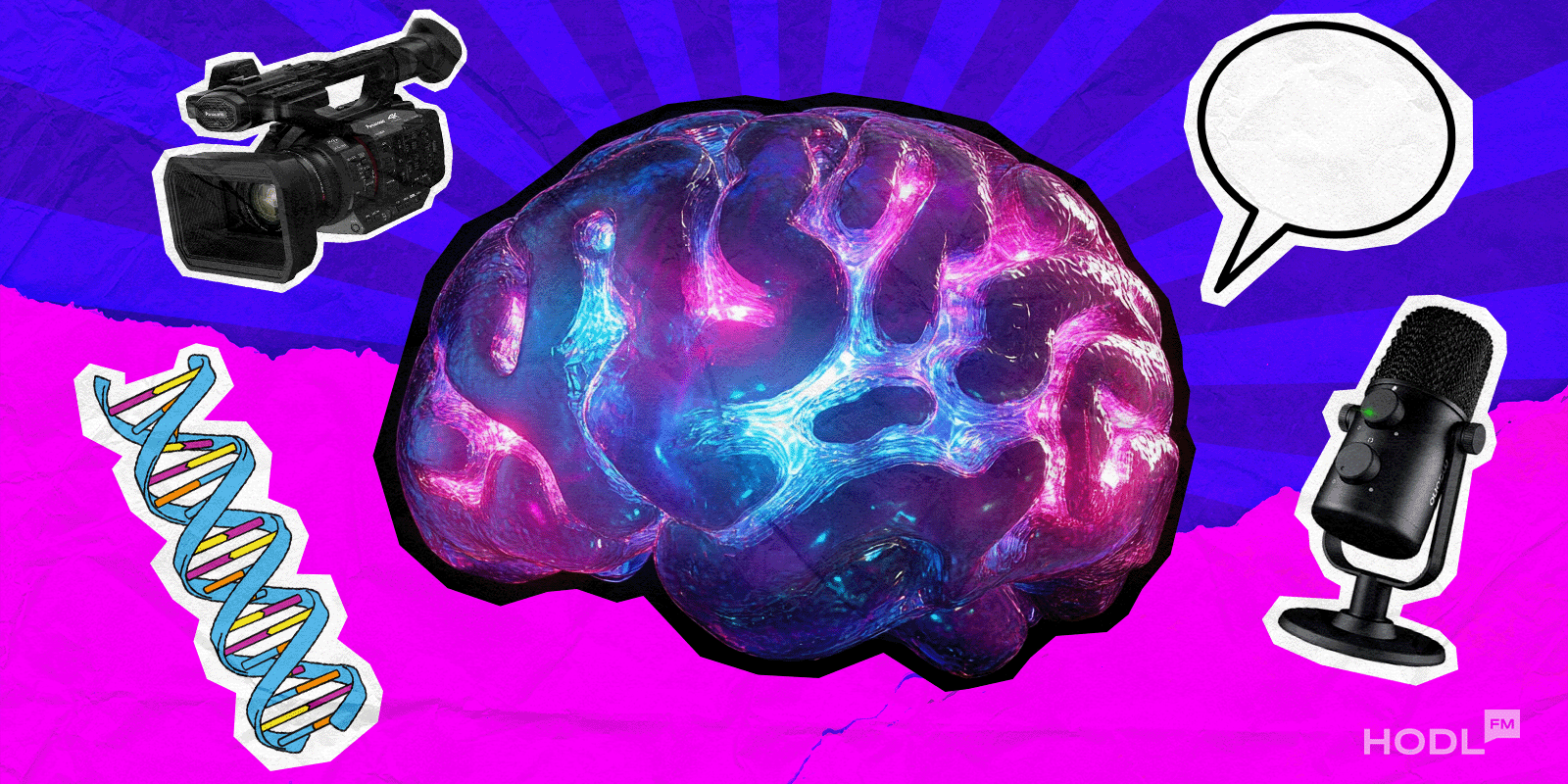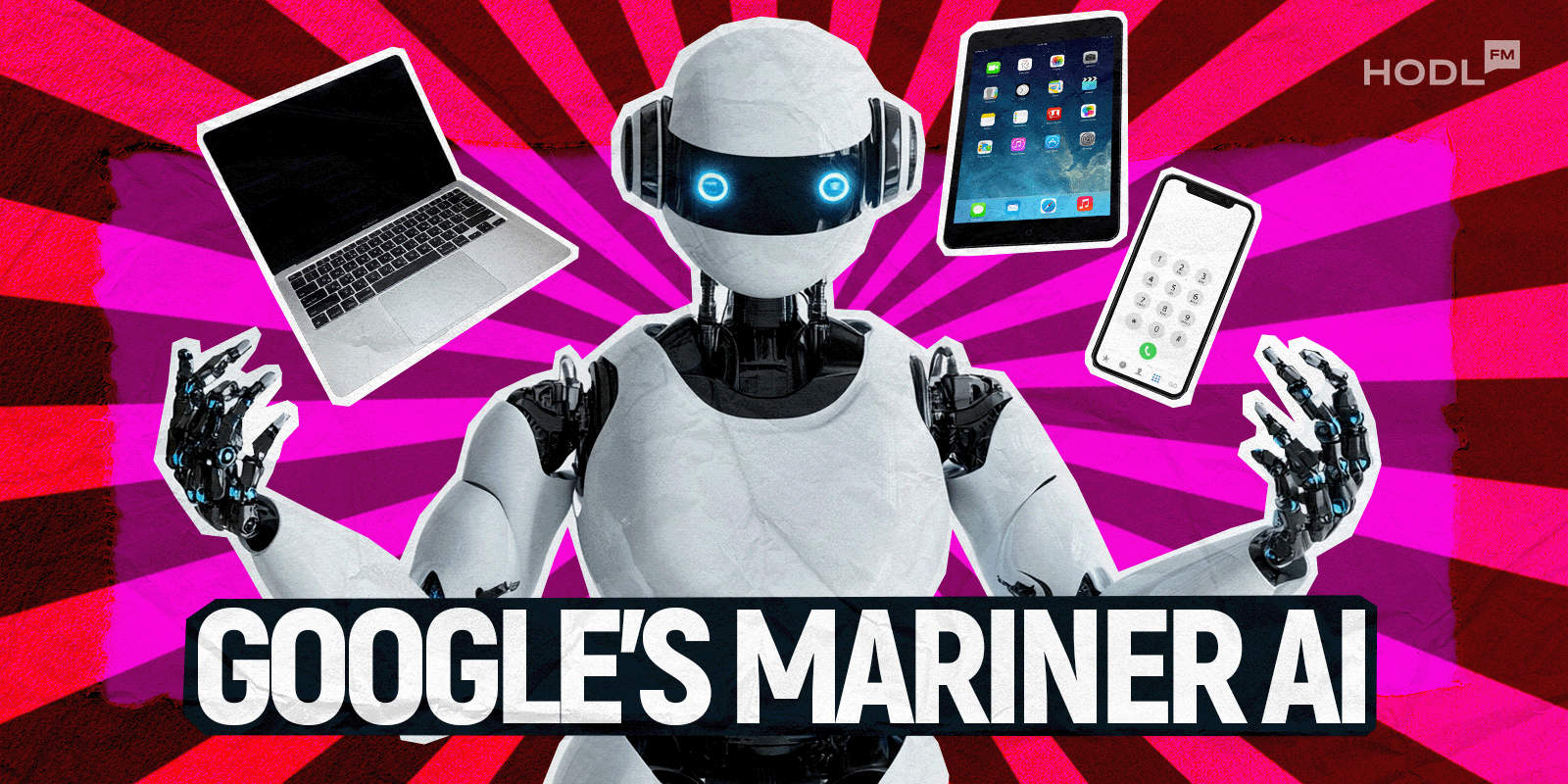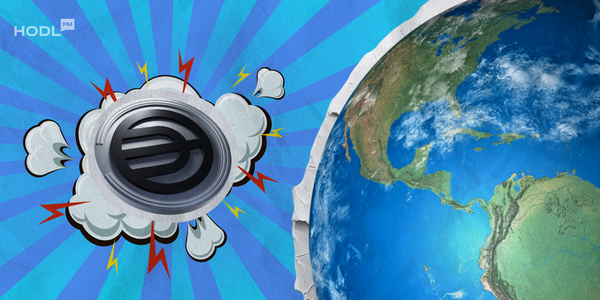AI slowly entered our lives a few years ago and became a key aspect of our lives within the blink of an eye. AI has become so fully integrated into human life that going back to pre-AI times might prove extremely difficult because everyone now uses AI, from Senior citizens to Kindergarteners. However, while AI has been limited in its ability to withdraw information and process data, a new Google update is about to change things massively.
We've released an early version of Project Mariner to trusted testers.
— Jeff Dean (@JeffDean) December 11, 2024
Project Mariner is an early research prototype built with Gemini 2.0 that explores the future of human-agent interaction. As a research prototype, it’s able to understand and reason across information in…
Wednesday, January 1st, 2025, brought amazing news for AI enthusiasts and users alike. Google, fresh off the release of its record-breaking chip, has now unveiled a new experimental AI agent called Mariner, which is capable of using websites all by itself.
Google’s Mariner was revealed to be powered by the Gemini 2.0 framework, which itself is a neural network that learns from large datasets like text, images, and sounds. This integration with Gemini 2.0 allows Mariner to perform tasks that include browsing spreadsheets, visiting shopping sites, and using many kinds of online services, even though it still has to depend on a human to make the final decisions.
A good example of Mariner's new functionalities is shopping. The AI agent can reportedly fill a virtual shopping cart with groceries on behalf of its user, but the human user has to make the final shopping decision.
Mariner is not the only beneficiary of Google’s Gemini 2.0. The neural network is also the foundation for many other Google AI projects. Gemini 2.0 identifies patterns in data to generate text and interact with services, and it is because of this functionality, that AI agents can gradually become an integral part of daily life.
While the announcement of this new AI agent is a major step in advancing artificial intelligence and Google’s AI competitiveness, Google’s regulatory issues around Chrome and its antitrust concerns might challenge the entire project's success.
Regardless of potential problems, Jaclyn Konzelmann, the firm’s project manager, has spoken highly of the project. She said:
We’re allowing users to type requests into their web browser and have Mariner take actions.
However, she also noted the AI’s imperfections even as she praised it. Just like many other AI systems, Google’s Mariner can make mistakes. “Is it always accurate? Not yet. It is still an experimental technology,” Konzelmann noted.
Despite its current limitations, the tech itself is very impressive, especially some of its features, such as “Deep Research,” which allows the agent to gather, analyze, and synthesize information into comprehensive reports just like a human assistant would.
Project Mariner: Google's new AI agent that can reason, click the screen, type, and work on your behalf through Chrome.
— Rowan Cheung (@rowancheung) December 11, 2024
Use cases that stood out to me:
> Christmas shopping on my behalf based on my Christmas wishlist
> Grocery shopping on my behalf based on my Grocery shopping… pic.twitter.com/k76rnnNh00
Google’s Mariner has not been officially released to the public yet, but those who have tried it have had good things to say about it, and many are expecting a public rollout as soon as possible.

Disclaimer: All materials on this site are for informational purposes only. None of the material should be interpreted as investment advice. Please note that despite the nature of much of the material created and hosted on this website, HODL FM is not a financial reference resource and the opinions of authors and other contributors are their own and should not be taken as financial advice. If you require advice of this sort, HODL FM strongly recommends contacting a qualified industry professional.





